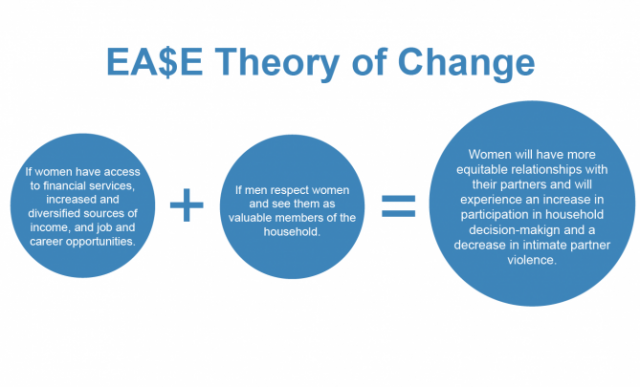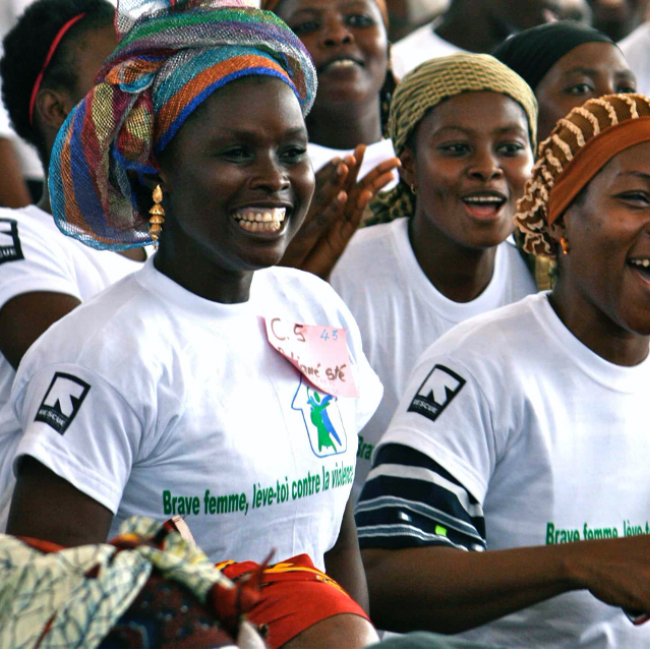Project Summary
This grant was awarded through E4A’s special Call for Proposals: Approaches to Advance Gender Equity From Around the Globe. The investigators are evaluating the feasibility and acceptability of adapting an internationally developed women’s protection and empowerment intervention – Economic and Social Empowerment (EA$E) – for forcibly displaced populations (FDPs) in Phoenix, AZ to address the unique challenges women and households face in achieving gender equity.
Image credit: Heidi Chase, International Rescue Committee.
Research Questions/Aims
- What programmatic components from EA$E are perceived (or not perceived) as acceptable, appropriate, and feasible by US-based forcibly displaced populations?
- Why are some programmatic components perceived as acceptable (or not acceptable) for US-based FDPs?
- What are the barriers and facilitators to implementing an adapted version of EA$E by International Rescue Committee’s US-based offices?
Actionability
- Provide data-informed recommendations for adapting EA$E for US-based FDPs.
Outcomes

Methodology
The research team is employing a mixed-methods research approach guided by the Administration phase of the ADAPT-ITT model. Data are being collected on implementation outcomes (acceptability, appropriateness, perceived feasibility) and preliminary perceptions of intervention outcomes pertaining to gender equity (acceptance of IPV, economic IPV, joint household decision-making). Quantitative data consists of brief surveys, and qualitative data consists of focus group discussions and field notes.

International Rescue Committee
George Mason University
Harvard T.H. Chan School of Public Health
Feasibility test of specific components for use in the U.S.